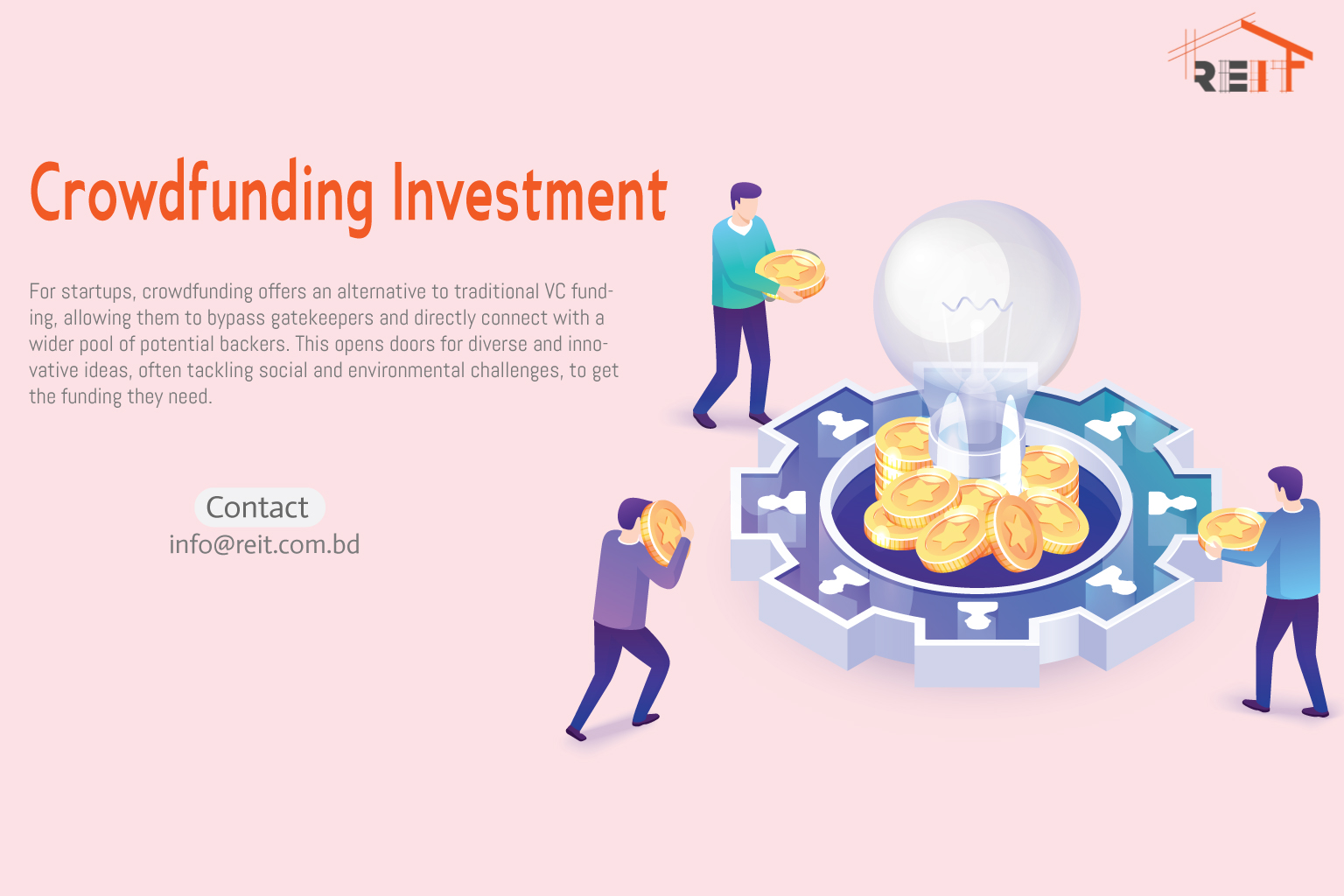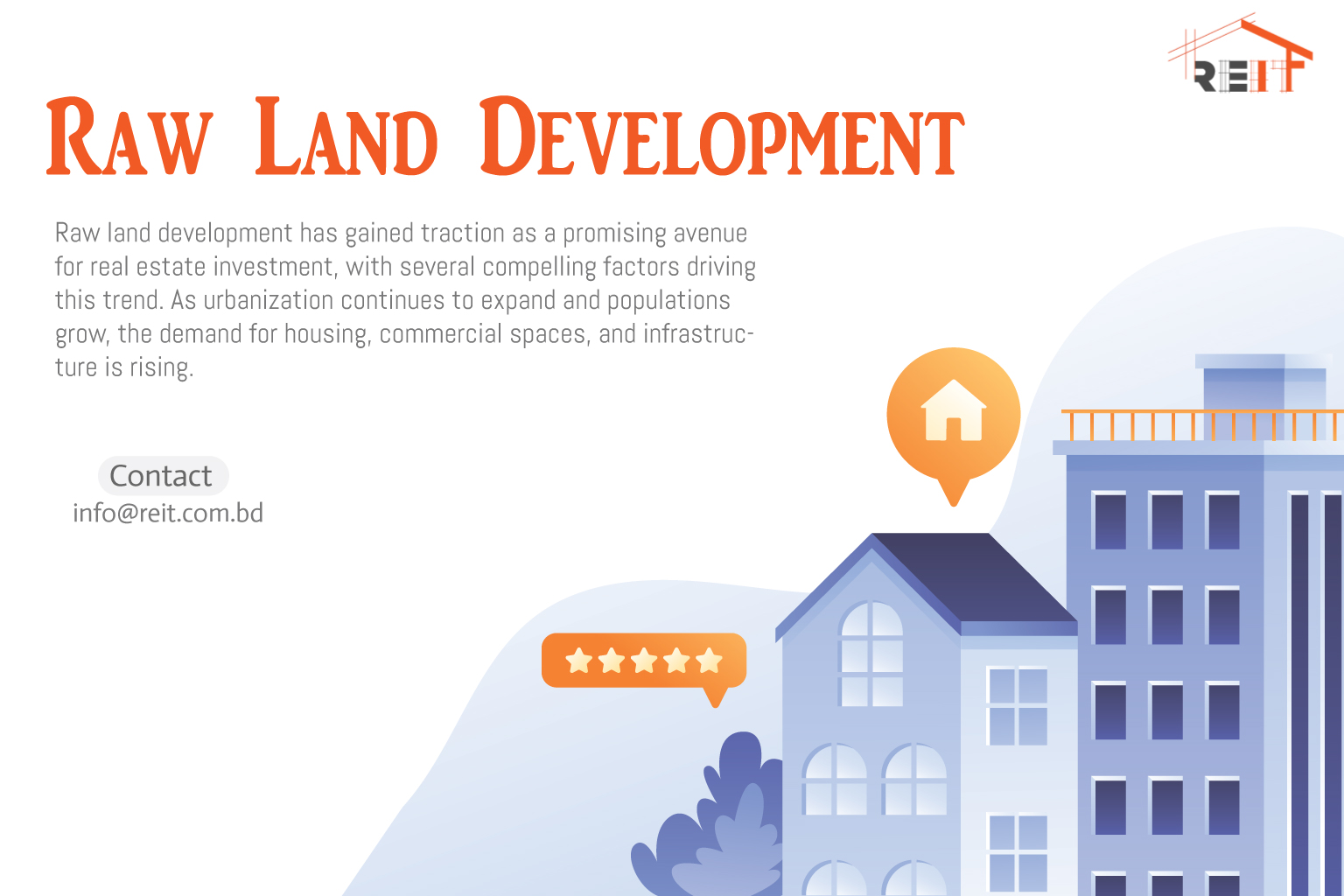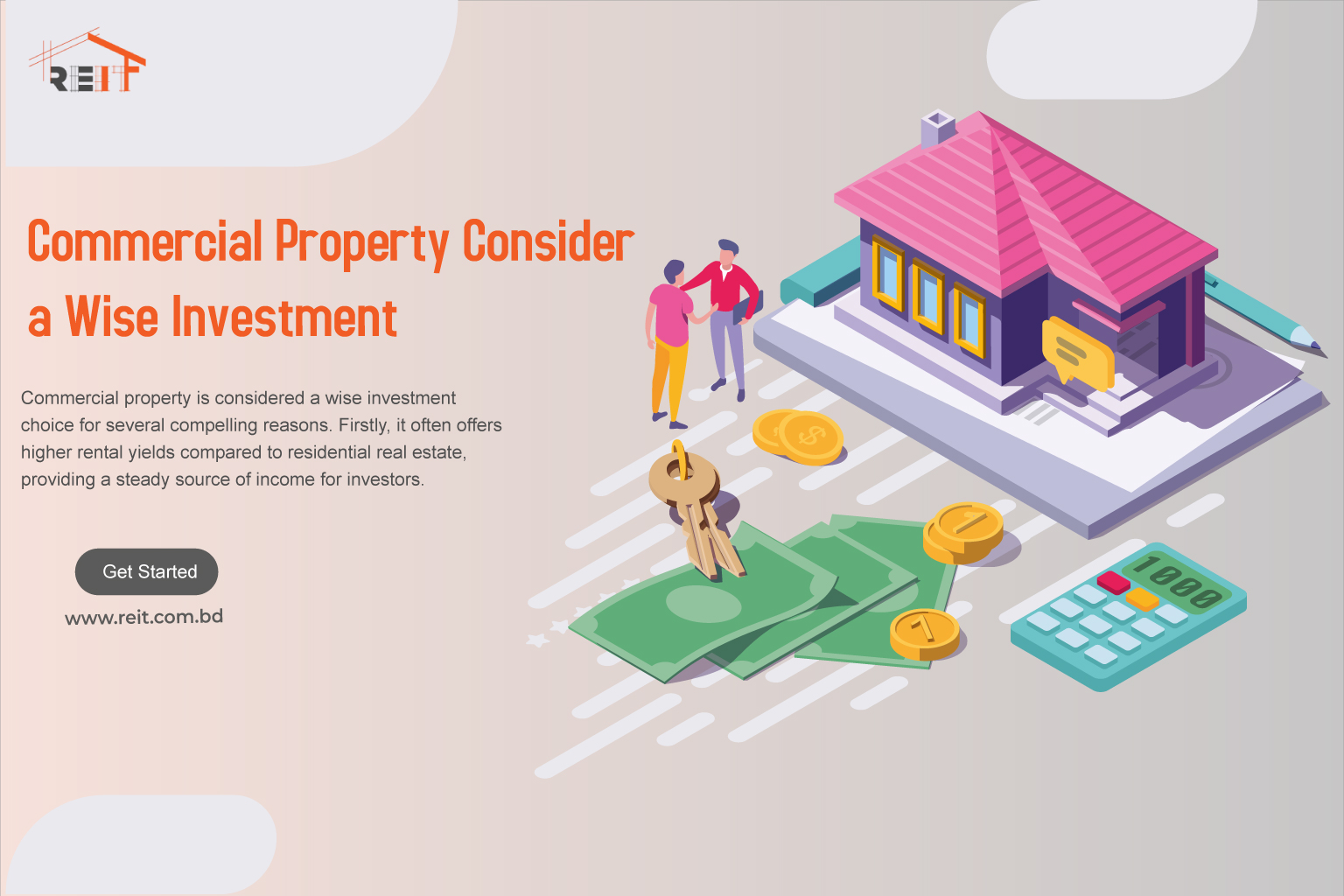Foreign Direct Investment (FDI) plays a pivotal role in shaping the global economy, fostering international trade, and accelerating economic growth across nations. It refers to the investment made by individuals, companies, or governments from one country into businesses located in another country.
One of the primary impacts of FDI on the global economy is the stimulation of economic development in host countries. When foreign entities invest in local businesses, it infuses capital, technology, and expertise, boosting productivity and efficiency.
This injection of resources often leads to the creation of jobs, improved infrastructure, and enhanced industrial capabilities. Foreign Direct Investment has a profound impact on the global economy, fostering economic development, promoting international trade, and encouraging knowledge exchange.
When appropriately managed, it can bring about mutual benefits for both investing and host countries, contributing to a more interconnected and prosperous world economy.
Policymakers and stakeholders should work together to harness the potential of FDI while addressing its challenges to ensure a sustainable and equitable global economic growth.
What Is The Process Of Foreign Direct Investment (FDI)?
The process of Foreign Direct Investment (FDI) involves various stages and steps that investors and host countries go through to facilitate and regulate the inflow of foreign capital. Here is a general outline of the typical process of FDI:
- Market Research and Planning: Before making any investment, the potential foreign investor conducts thorough market research to identify viable opportunities in the host country.
- Formulating Investment Strategy: Based on the market research, the investor develops an investment strategy, outlining the objectives, the scale of investment, the sector or industry to invest in, and the expected returns.
- Compliance and Regulations: Understanding the legal and regulatory environment of the host country is crucial. Investors need to comply with the foreign investment laws, sector-specific regulations, and any restrictions on foreign ownership in certain industries.
- Negotiations and Agreements: Once the investor identifies a suitable opportunity, they may engage in negotiations with relevant stakeholders, including government officials, local partners, or existing businesses. At this stage, they negotiate terms, investment incentives, and other conditions.
- Establishing a Business Entity: To proceed with the investment, the foreign investor needs to establish a legal business entity in the host country. This could be in the form of a subsidiary, branch office, joint venture, or wholly-owned company, depending on the regulations and the investor’s preferences.
- Capital Investment: The investor transfers the capital to the host country to finance the establishment or expansion of the business. This capital could be used for setting up infrastructure, purchasing assets, or funding operational expenses.
- Technology and Knowledge Transfer: In some cases, technology, expertise, and knowledge transfer take place during the establishment of the business. This could involve training local employees, sharing proprietary technology, or adopting best practices from the investor’s home country.
- Operational Phase: Once the business is set up, it enters the operational phase. The foreign investor actively manages the investment, and the host country provides the necessary infrastructure and support for smooth operations.
It’s important to note that the FDI process can vary significantly depending on the specific country, sector, and investment size.
Each host country may have its own unique set of rules and regulations governing foreign investments, and investors should seek professional advice and due diligence to navigate the process successfully.
Type Of Foreign Direct Investment
Foreign Direct Investment (FDI) can be categorized into various types based on different criteria. Here are some common types of FDI:
- Horizontal FDI: In this type of FDI, a company invests in the same industry or business activities in a foreign country as it does in its home country. The primary goal is often to expand market reach and access new customers or resources.
- Vertical FDI: This can be either backward vertical FDI, where the investment is made in a supplier or producer, or forward vertical FDI, where the investment is made in a distribution or retail operation.
- Conglomerate FDI: Conglomerate FDI involves an investment by a company in a foreign country that is unrelated to its core business activities in the home country. The diversification aims to reduce risk and create opportunities for growth in new industries or markets.
- Greenfield Investment: Greenfield investment refers to the establishment of a new business or subsidiary in a foreign country. The investor starts from scratch, building infrastructure, hiring employees, and creating an entirely new business entity.
- Market-Seeking FDI: Market-seeking FDI is driven by the desire to access and serve a foreign market. The investor aims to sell its products or services directly to consumers in the host country.
- Efficiency-Seeking FDI: Efficiency-seeking FDI aims to leverage factors such as lower production costs, skilled labor, technological capabilities, or favorable regulations in the host country to improve operational efficiency and reduce overall costs.
The type of FDI chosen by an investor depends on their strategic objectives, market conditions, available resources, and the specific opportunities and challenges present in the host country.
Advantage Of Foreign Direct Investment
Foreign Direct Investment (FDI) offers numerous advantages for both the host country and the investing company. Some of the key advantages of FDI include:
- Economic Growth and Development:
FDI can significantly contribute to the economic growth and development of the host country. By injecting capital, technology, and expertise and enhances infrastructure, leading to overall economic progress.
- Increased Employment Opportunities:
FDI often leads to the creation of new job opportunities in the host country. As foreign investors establish or expand their businesses, reducing unemployment rates and improving living standards.
- Access to Capital and Resources:
FDI provides access to foreign capital and resources that may not be readily available in the host country. This infusion of funds can support local businesses, facilitate infrastructure development, and drive economic activities in various sectors.
- Boost to Exports and Foreign Exchange Earnings:
FDI can lead to an increase in exports from the host country. As foreign investors establish production facilities, they may export goods and services back to their home countries or other global markets, contributing to foreign exchange earnings.
- Enhanced Industrial Efficiency:
Foreign investors often bring in advanced production techniques, managerial expertise, and efficient practices, which can improve the overall efficiency of industries in the host country.
However, it’s essential to acknowledge that FDI may also come with challenges and risks, such as potential exploitation of local resources, cultural implications, and the need for careful management of potential negative externalities.
Disadvantage Of Foreign Direct Investment
Foreign Direct Investment (FDI) can bring numerous benefits to the host country, but it also comes with certain disadvantages and challenges. Some of the key disadvantages of FDI include:
- Sovereignty Concerns: Heavy reliance on foreign investors could potentially limit the host country’s ability to make independent policy decisions, especially if the investor’s interests conflict with the host country’s priorities.
- Repatriation of Profits: While profit repatriation is a legitimate aspect of FDI, excessive repatriation can result in a drain of financial resources from the host country and limit reinvestment opportunities.
- Adverse Labor Effects: In some cases, foreign investors may bring their own workforce or rely on expatriate labor, reducing employment opportunities for local workers. This can lead to social tensions and wage disparities between local and foreign employees.
- Environmental Concerns: FDI projects, particularly in certain industries like mining or manufacturing, may result in environmental degradation if proper environmental regulations and sustainability practices are not adhered to.
- Dependency on Foreign Technology: While technology transfer is one of the advantages of FDI, it can also lead to a host country becoming overly dependent on foreign technology and know-how.
- Unequal Regional Development: FDI tends to concentrate in certain regions with favorable conditions, leading to uneven regional development within the host country. This can exacerbate regional disparities and neglect less-developed areas.
To mitigate these disadvantages and maximize the benefits of FDI, host countries should carefully assess the terms of investment agreements, implement robust regulatory frameworks, encourage technology absorption, and promote sustainable and responsible business practices.
5 Tips For Foreign Direct Investment
1. Thorough Research: Conduct in-depth research on the target market, economic conditions, legal framework, and cultural nuances of the host country before proceeding with the investment.
2. Local Expertise: Seek guidance from local experts, advisors, or partners who have a deep understanding of the local business landscape and can help navigate regulatory complexities.
3. Risk Assessment: Evaluate potential risks and uncertainties associated with the investment, and develop effective risk mitigation strategies to safeguard your interests.
4. Long-Term Perspective: Approach FDI with a long-term vision, as it may take time to see substantial returns on investment and build a strong foothold in the host country.
5. Adaptability: Remain flexible and open to adapting your business strategies based on the evolving market conditions and feedback from local stakeholders.
Conclusion
Foreign Direct Investment (FDI) is a powerful driver of economic growth and development, forging strong ties between countries and fostering global economic integration.
Through FDI, countries can benefit from increased capital inflows, technology transfer, job creation, and enhanced industrial efficiency.
It offers numerous advantages, such as access to foreign resources, infrastructure development, and stimulating trade linkages. Foreign Direct Investment presents opportunities for growth, innovation, and economic integration on a global scale.
By capitalizing on its advantages and addressing its challenges, countries and investors can forge robust partnerships that fuel sustainable development and bring positive change to economies and societies worldwide.

















